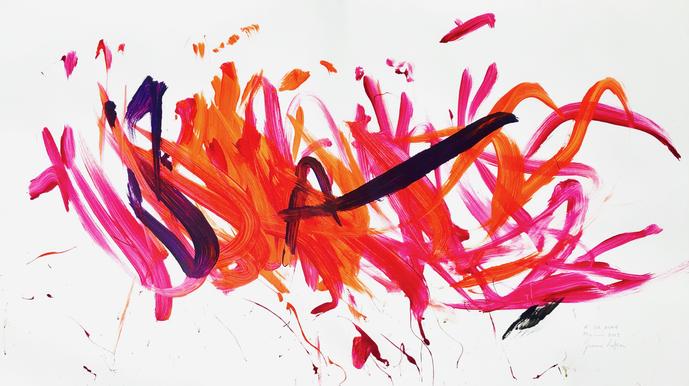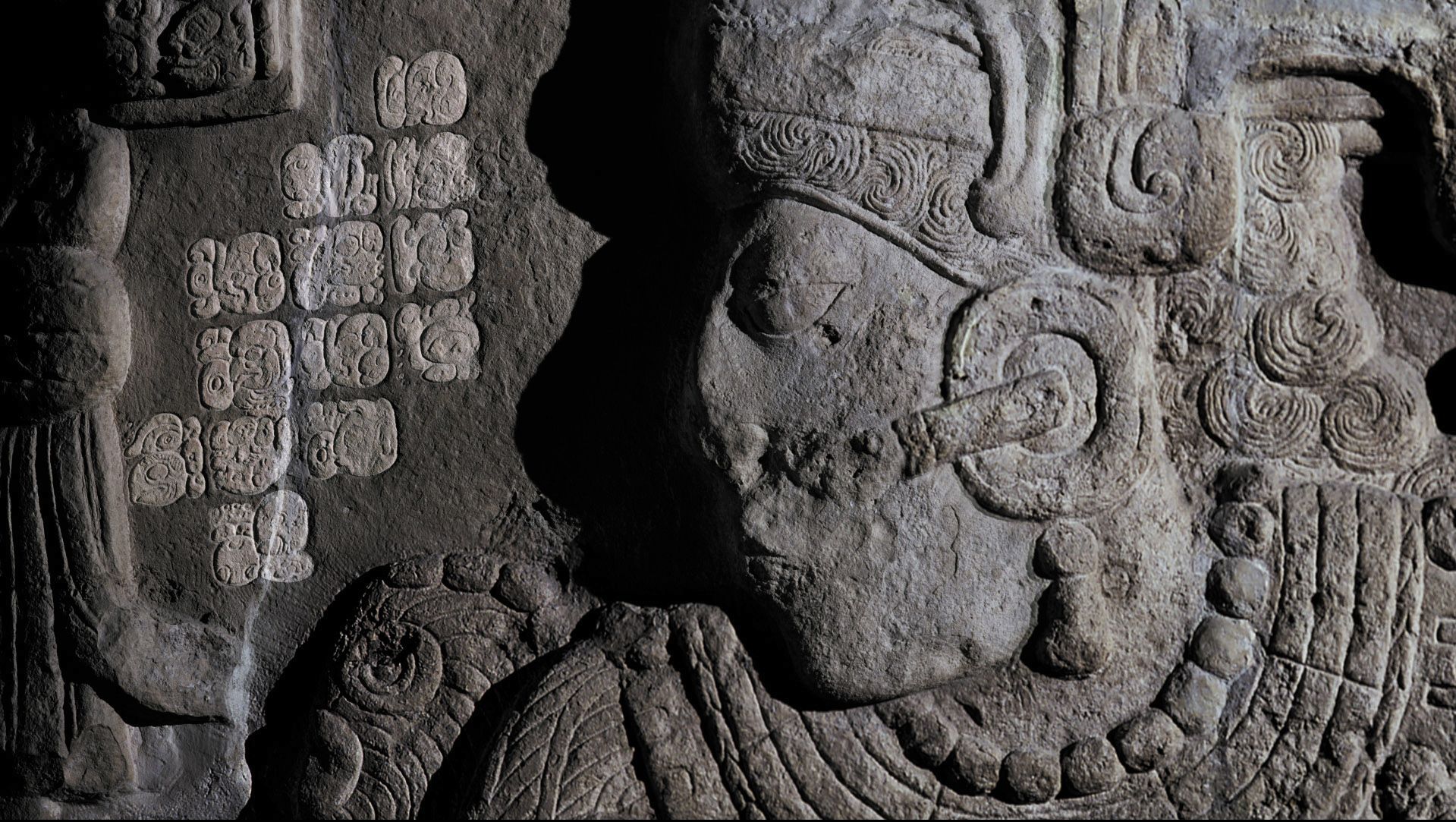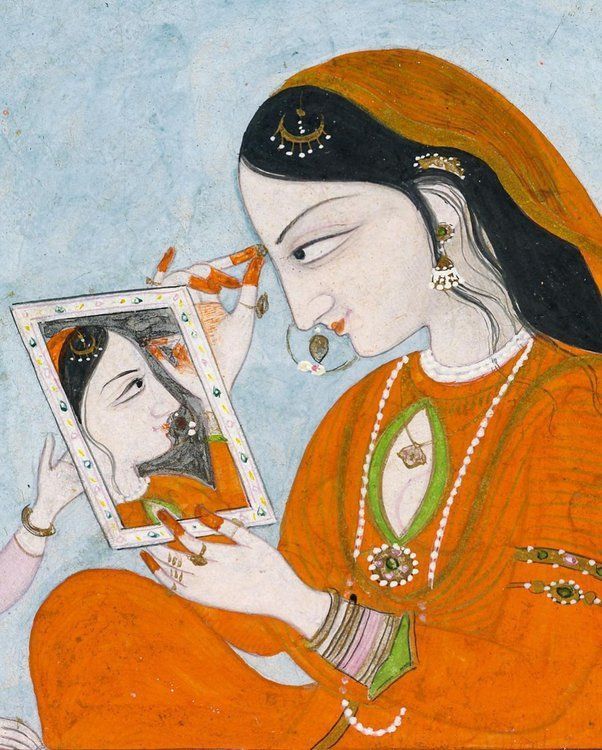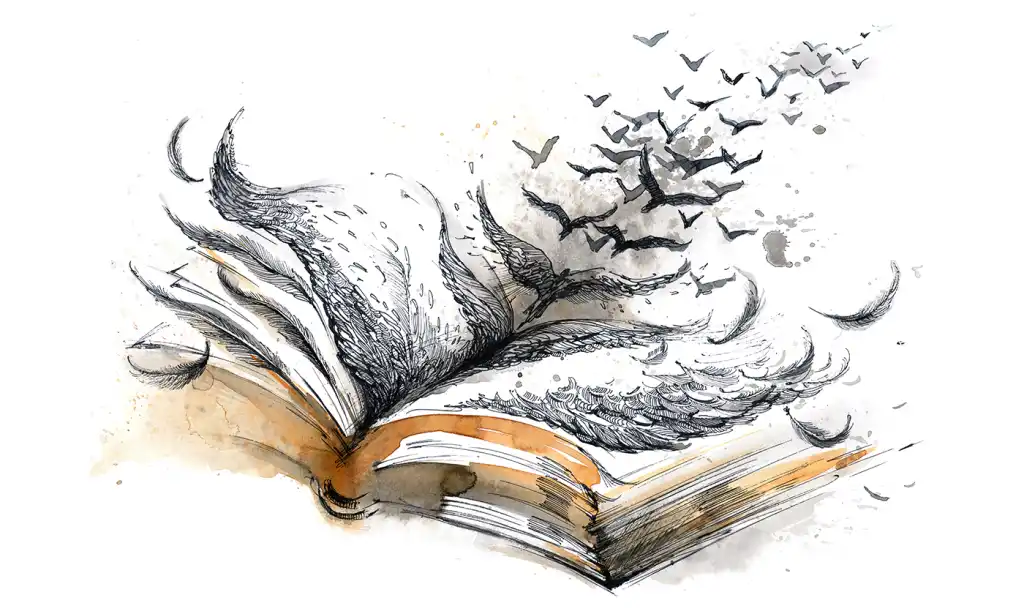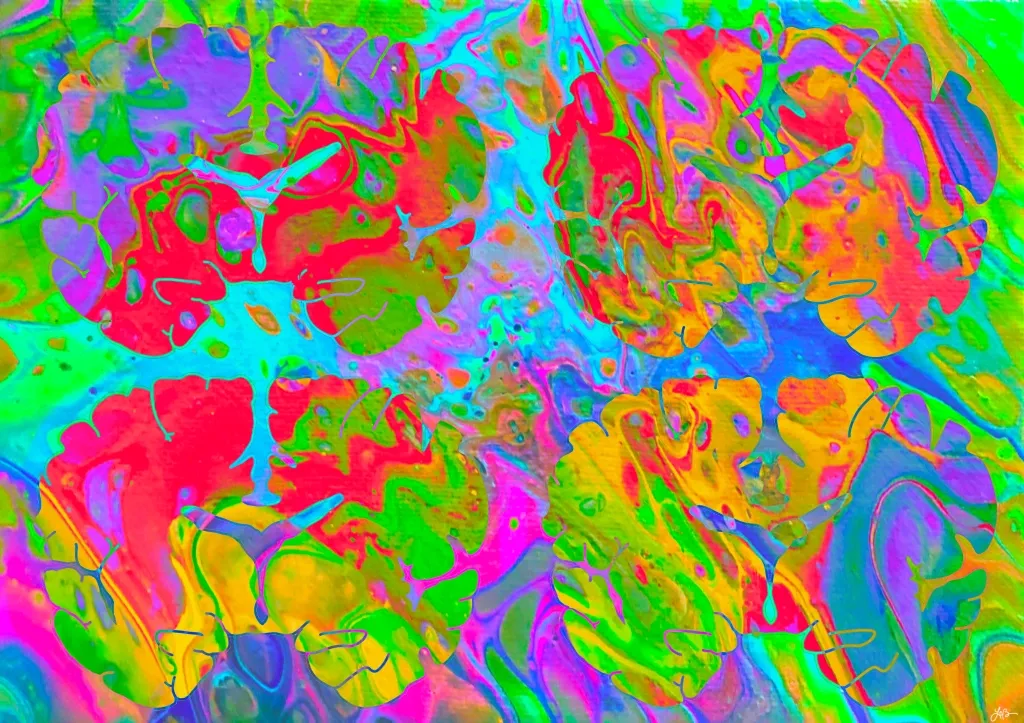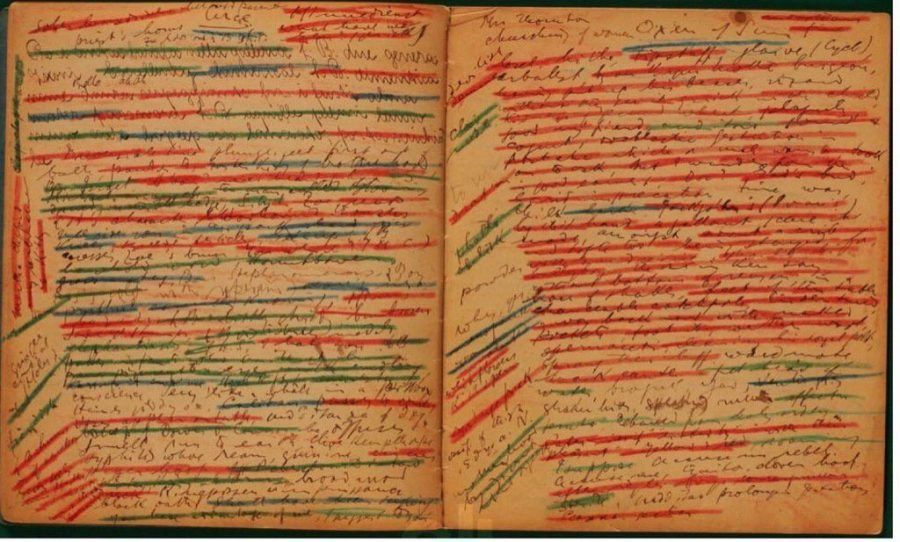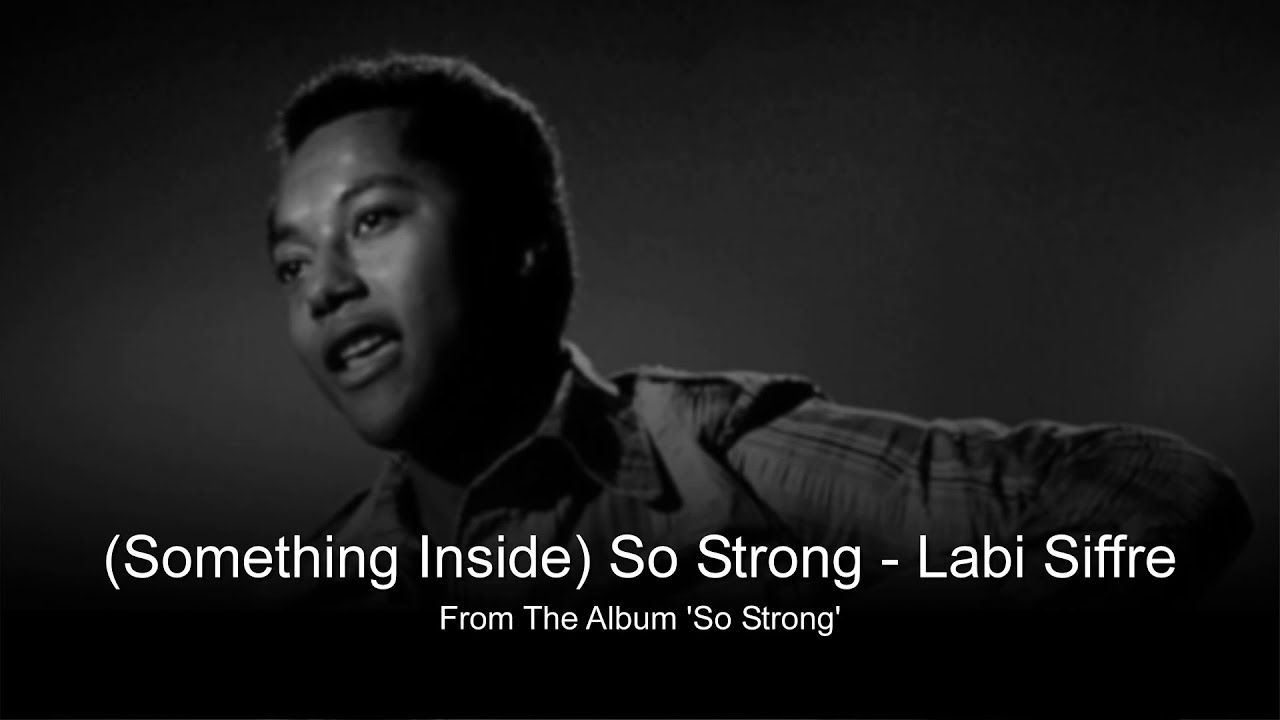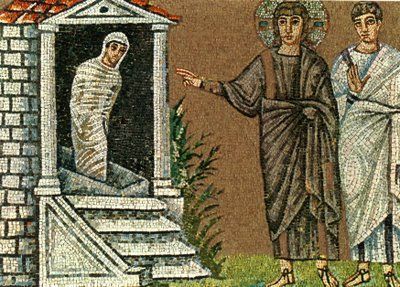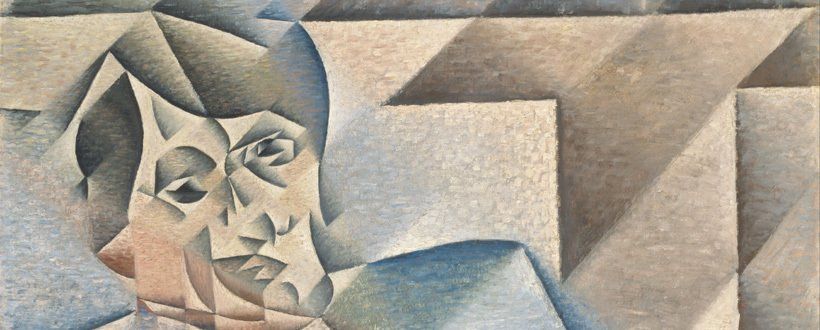ToK Essay Titles Nov 2019 Prompt 6
ToKTutor • 19 August 2019
Pigcasso's truth in painting
Throughout the history of art, artists have sought to find ‘significant truths’ about humans and our place within the wider cosmos by searching for the ideal of aesthetic Beauty. This unchanging, permanent and almost divine quality of a work of art was considered to be the defining feature separating great Art from more mediocre works. The big question was, of course, is ‘Beauty’ actually ‘in’ the work itself, or something we project into the work of art? In short, how can anyone objectively know what is or isn’t beautiful?
German Idealist philosophers of the 19th Century theorised that the aesthetic quality of an art work, the idea of the ‘sublime’, wasn’t a ‘thing’ to be perceived, it was an experience to be felt. Well, this neatly fits in with the Romantic movement which underlined the subjectivity of art. Later, practising artists, like Tolstoy and George Bernard Shaw, argued that art derives its meaning by its didactic nature. That is, art teaches us religious or moral lessons in an attempt to make us more virtuous citizens.
There is a particularly social edge to all significant art, because raising awareness of social ills and changing society for the better is the main goal of artists. Other practitioners, like Oscar Wilde, suggested that the meaning of art was purely private. That is, artists produce art for themselves and any meaning or significance it holds for others is purely accidental or a by-product. This self-interested aspect of significant art was part of a movement which underlined that the purpose of art was to produce pleasure and entertainment for its own sake. There is no other utility in artistic production.
In one form or another, this idea stretches back to Plato, who argued that the work of an artist was only to represent the world of appearances and not reality. Plato distrusted artists and, for this reason, had no place for them in his Republic.
So what has all this to do with Pigcasso and the association with Swatch? Has Pigcasso found a ‘significant’ truth in her pursuit of artistic knowledge? Have the management of Swatch suddenly discovered a ‘significant truth’ hidden in Pigcasso’s art that we have all missed? Pigcasso’s art seems, like the best avant garde
movements, to break free from any attempts to categorise it as ‘sublime’, ‘didactic’ or even purely ‘art for art’s sake’. Whatever ‘intentions’ lie behind the art works, they will forever remain a mystery to us.
This search for meaningful intentions on Pigcasso’s part might involve us with the ‘intentional fallacy’. But surely we are right to ask ourselves whether or not accepting such art as significant in any sense suggests that we’ve really reached the limits of imagination, ours if not the pig’s! And then there’s the possibility that Swatch has simply exploited a quirky situation for commercial gain rather than sharing with the world the supposed ‘surprising’ qualities of the pig’s art.
Even if Pigcasso’s artistic estate is paid a juicy commission for every limited edition Pigcasso Swatch sells, do we now need to be morally concerned about the rights of animal artists? This might sound like a trivial pursuit of ethical knowledge. However, in the realm of art and ethics, it certainly makes distinguishing between what is significantly true or not all that much harder…






